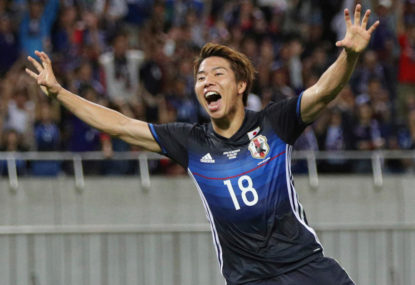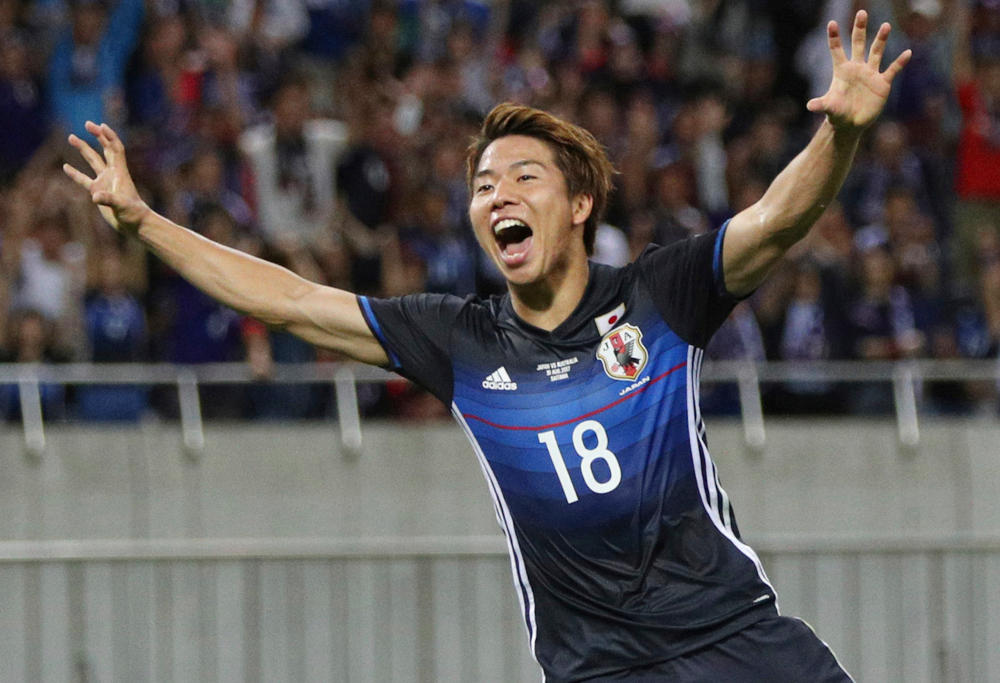WATCH: Chelsea forward escapes red for 'nasty' studs-up moment, somehow doesn't even cop a yellow
Arsenal fans were outraged that Chelsea striker Nicolas Jackson got off scot-free for this challenge in the Gunners' 5-0 win.

The concluding day of the first round of matches at the FIFA World Cup saw a team being eliminated from the competition for the first time in its history, on its disciplinary record.
Senegal, the last of the African teams remaining, bowed out owing to the higher number of yellow cards collected over the group stage. It also led to a farcical final ten minutes in the other encounter of a tough Group H, as Japan and Poland played a ridiculously passive game to earn a result that was convenient for both teams.
The ‘fair play’ rule states that accumulated red and yellow cards will decide progress to the knockout stage if teams finished with identical records – points, goal difference and goals scored.
The irony couldn’t be starker – Poland and Japan, the lone Asian team to go through to the next round, did not prove themselves worthy of upholding the spirit of the game. As news flashed in the stadium of the goal scored by Colombia’s Yerry Mina 400 miles away, both teams seamed to settle for a 1-0 win for Poland.

Japan’s Takuma Asano ( The Yomiuri Shimbun via AP Images )
The scoreline allowed Poland to claim its first victory in the tournament and more importantly, enabled Japan to progress to round of 16 at the expense of Senegal, for the first time since 2002 when they were co-hosts. The strategy wasn’t without risk though; Japan could have been on the flight back home if Senegal had managed to equalise in the final minutes.
It also negated the thought behind FIFA’s idea of scheduling the final group matches simultaneously. Akira Nishino, Japan’s manager, who had ordered his team to “stay put”, expressed regret and unhappiness in his team’s approach.
“It was a very tough decision, of course,” Nishino said. “We conceded a goal, but with the time passing the other match moved (when Colombia scored). When I put on [Makoto] Hasebe (who came on as a late substitute), I told him what was in my mind: ‘Do not go for any high risks.’ I told him not to concede any yellow cards, go 4-1-4-1, defensive, and then I told him to tell the team to ‘stay put’. We could not concede another goal. So with the time passing it was my decision to stay put, and then when I used Hasebe, it was the ultimate message.”
Aliou Cissé, the Senegal coach, who was at the receiving end, was magnanimous. “This is the law of the game,” Cissé said.
“We have not qualified because we did not deserve it. This is life. We have a number of rules which have been established and we have to respect that. We are fully committed and maybe because we are so committed, we get more yellow cards.”
And maybe, it’s time for FIFA to reconsider the not-so-fair play provision.